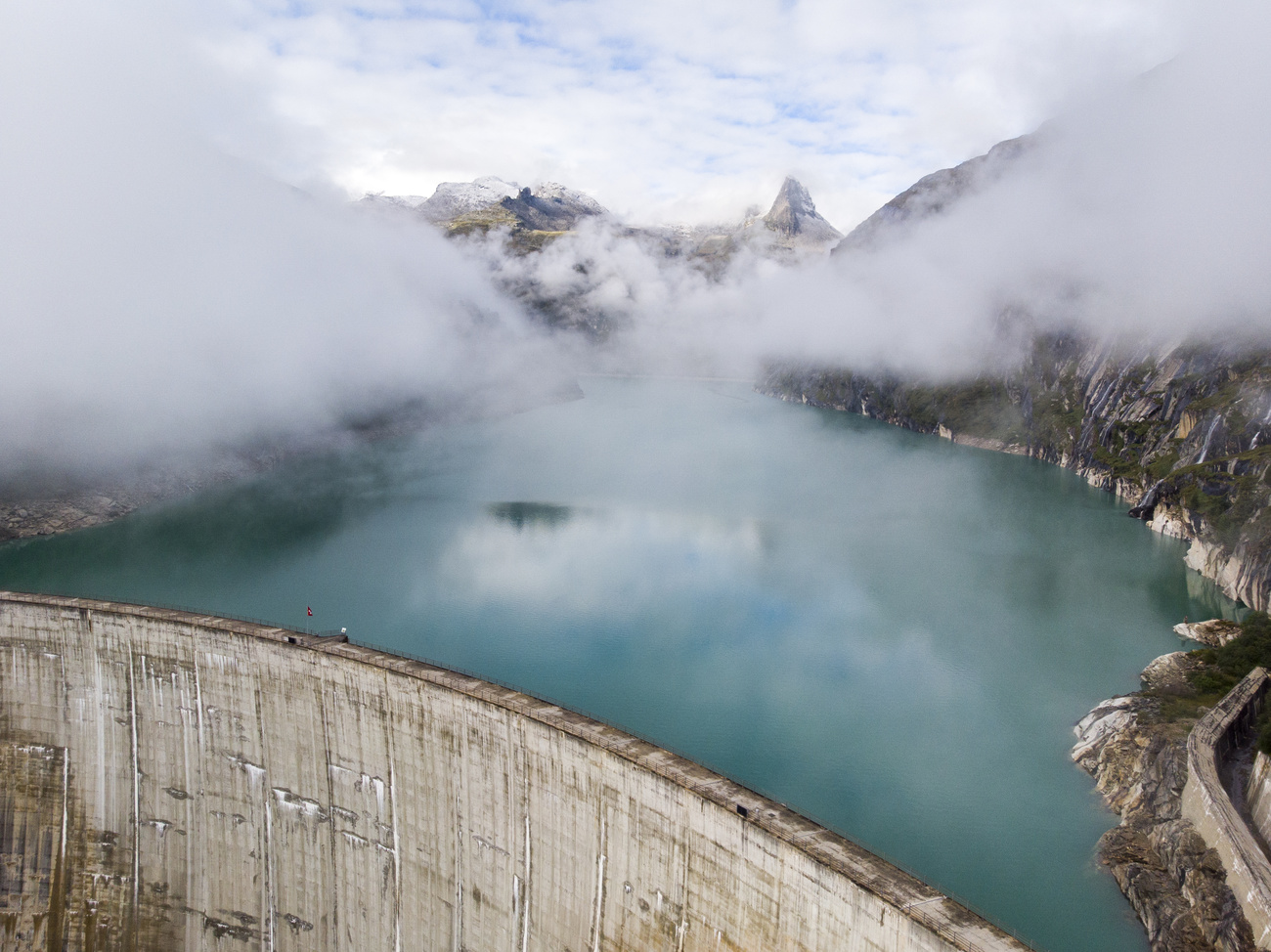
Study points to lake methane as energy source of the future

Lakes, the source of 20% of global natural methane emissions, could also be the source of much of the world’s energy, if treated correctly, Swiss researchers have argued.
In a paper published this week, researchers from Basel and Zurich suggest a way to more efficiently extract the methane which develops naturally as biomass decays in lakes.
Methane, which is 25 times more harmful to the climate than carbon dioxide, is mostly produced by the petroleum and agriculture industries. However, a fifth of all methane emissions are produced naturally in lakes. This “would in theory be enough to cover the entire world’s energy needs”, said University of Basel scientist Maciej Bartosiewicz.
Bartosiewicz, along with Przemyslaw Rzepka and Moritz Lehmann, claim to have developed a concept – using sieve-like membranes made from porous minerals called zeolites – to extract this gas more efficiently.
Up to now, the only place in the world where methane has been taken from a lake and used to produce electricity has been Lake Kivu, in central Africa. However, that body of water enjoys uniquely large quantities of methane, 100 times more than in normal lakes. Such operations have not yet been profitable elsewhere, the University of Basel said in a press release.
The method devised by the researchers could thus in theory allow for projects in places like Switzerland, which boasts not just natural lakes but also many artificial lakes and reservoirs due to mountain dams.
“Switzerland is practically made for methane extraction from lakes,” said Bartosiewicz.
As a natural source of energy, lakes could thus play an important role in helping Switzerland and other countries reach energy sustainability targets, the researchers say. But it will take time, and more research, before this could become reality: for one thing, more studies need to determine any new risks for lake ecosystems; and secondly, the type of biomass which produces methane in lakes only regenerates itself very slowly.

In compliance with the JTI standards
More: SWI swissinfo.ch certified by the Journalism Trust Initiative




























You can find an overview of ongoing debates with our journalists here . Please join us!
If you want to start a conversation about a topic raised in this article or want to report factual errors, email us at english@swissinfo.ch.